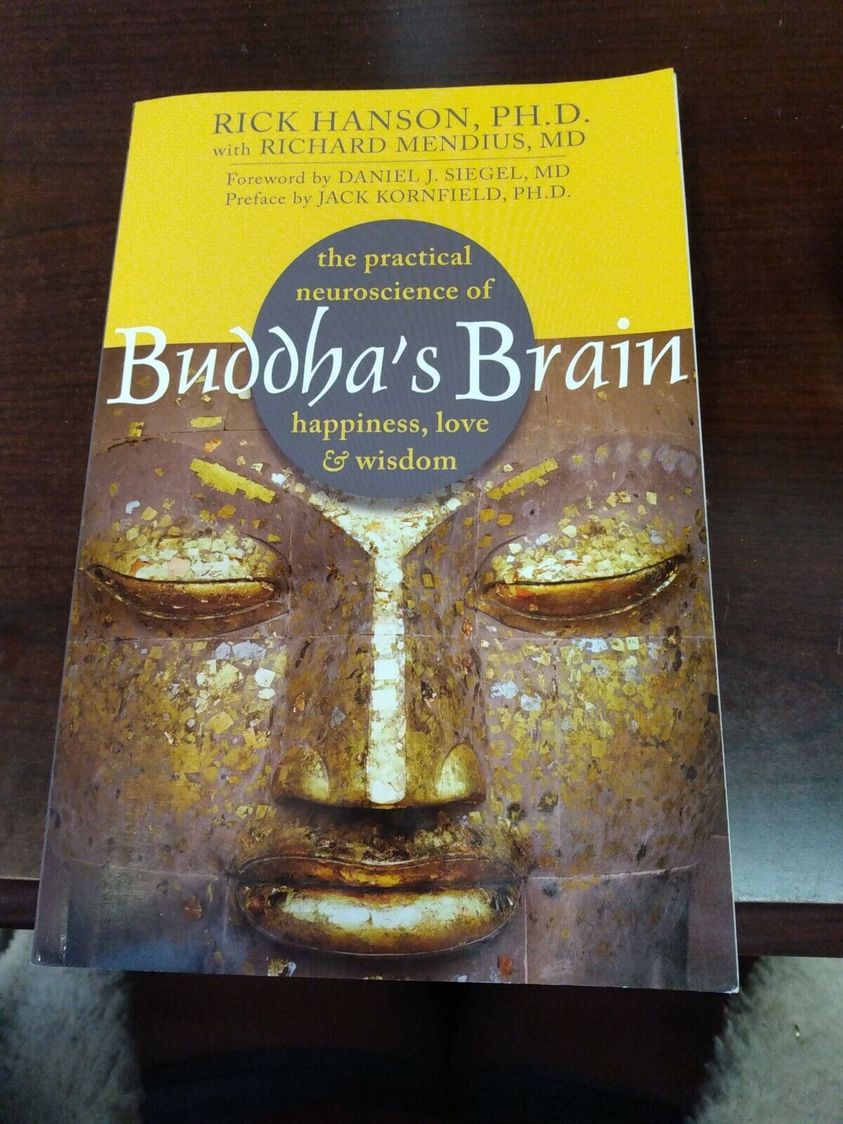Rick Hanson’s insightful book, “Buddha’s Brain,” offers a transformative journey into the depths of the mind, providing invaluable lessons that can enrich our lives.
Drawing from the wisdom of Buddhism, these seven lessons serve as guiding principles for personal growth and cultivating compassion. Let’s explore these profound teachings:
- Nurturing your own development isn’t selfish. It’s actually a great gift to other people. By prioritizing self-care and personal growth, we become better equipped to positively impact the lives of those around us. Investing in ourselves allows us to radiate love, compassion, and wisdom to the world.
- All joy comes from wanting others to be happy. And all suffering comes from wanting only oneself to be happy. True happiness lies in our ability to extend genuine care and goodwill towards others. When we shift our focus from self-centered desires to the well-being of all beings, we unlock profound joy and contentment.
- We have two wolves in our hearts, one of love and one of hate. Everything depends on which one we feed each day. Our thoughts and actions shape our inner world. By consciously nourishing the wolf of love, compassion, and kindness, we can overcome negativity and cultivate a more harmonious and fulfilling life.
- Virtue simply involves regulating your actions, words, and thoughts to create benefits rather than harm for yourself and others. Living virtuously means aligning our thoughts, speech, and actions with kindness, integrity, and ethical conduct. By consciously choosing virtue, we create positive ripples that extend far beyond ourselves.
- Every day, try to have compassion for five kinds of people: someone you’re grateful to, a loved one or friend, a neutral person, someone who is difficult for you – “and” yourself. Cultivating compassion requires extending it to diverse individuals, including those we appreciate, our loved ones, strangers, challenging individuals, and most importantly, ourselves. This practice expands our capacity for empathy and understanding.
- At the end of the day, what you and the other person will mainly remember is not what you said but how you said it. Be careful about your tone. Communication is not merely about the words we choose; it’s about the intentions behind them and the tone we use. By speaking with kindness and respect, we foster healthier relationships and cultivate a harmonious environment.
- Have faith that others will pay their own price. One day, you don’t have to be the justice system for what they have done. Letting go of the need for personal vengeance or seeking justice allows us to free ourselves from unnecessary suffering. Trusting in the natural consequences of actions and the workings of the universe brings about inner peace and liberation.
“Buddha’s Brain” presents timeless teachings that invite us to embrace compassion, mindfulness, and self-awareness.
By integrating these lessons into our lives, we embark on a transformative journey toward personal growth and a more harmonious existence.
Embrace these principles, and discover the profound impact they can have on your well-being and relationships.














